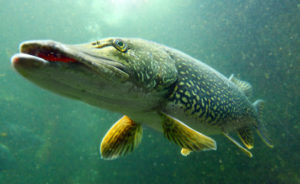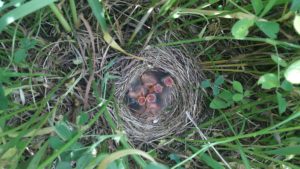Researchers underscore predicting chemoresistance would better tailor cancer treatment

Researchers underscore predicting chemoresistance would better tailor cancer treatment
A trailblazing chemist digs deep on resistance to chemotherapy. What he and his team discover may prevent needless chemo treatments, open different treatment pathways and have application to other cancer biomarkers – a gamechanger for oncology, the healthcare system and, most of all, patients. Resistance to chemotherapy shortens the life expectancy of cancer patients. The […]






